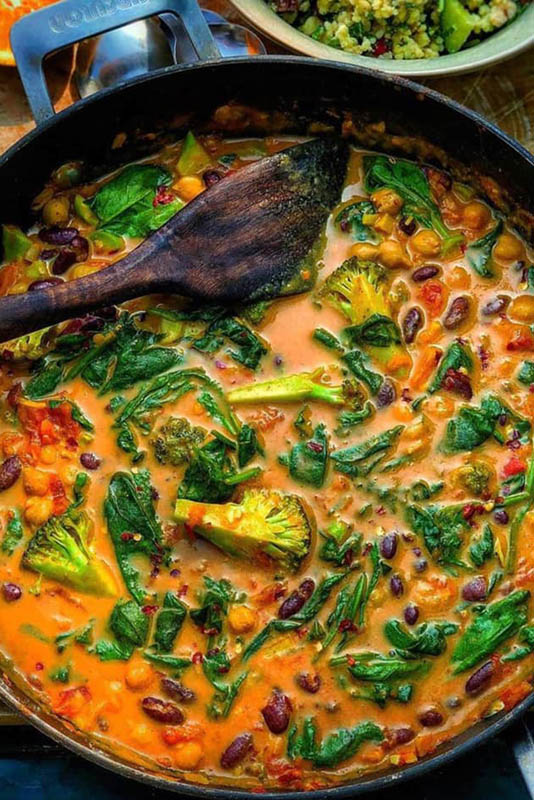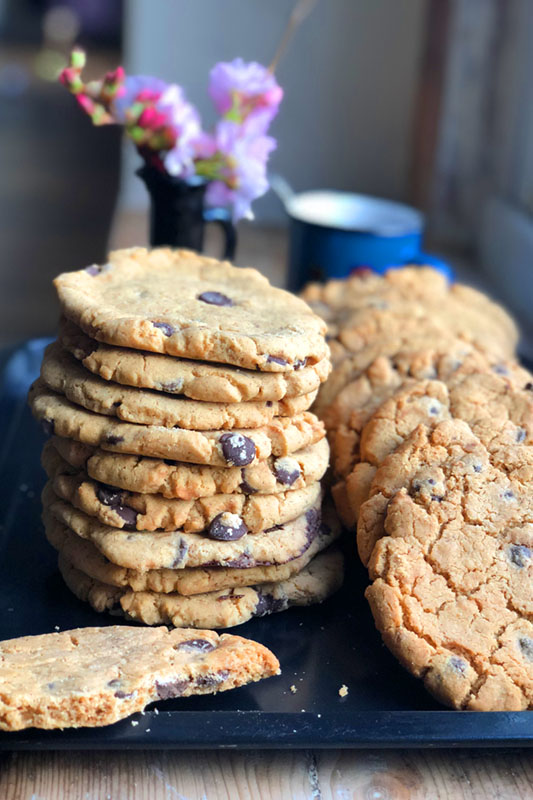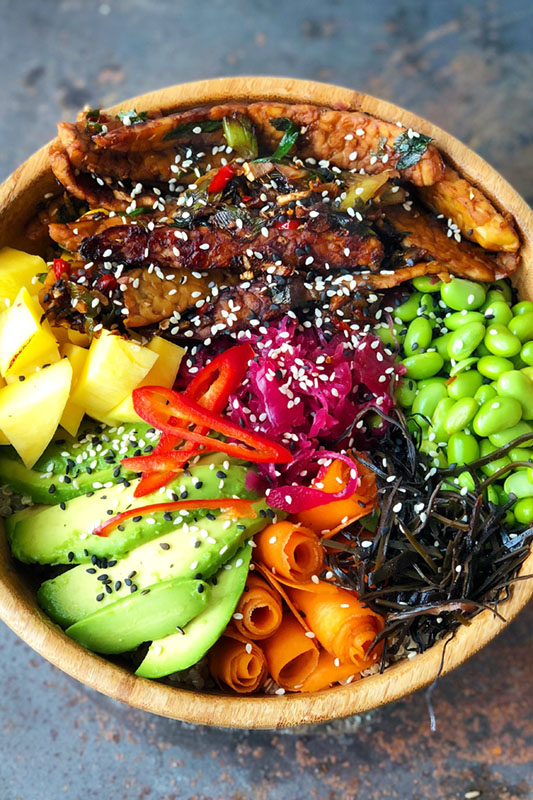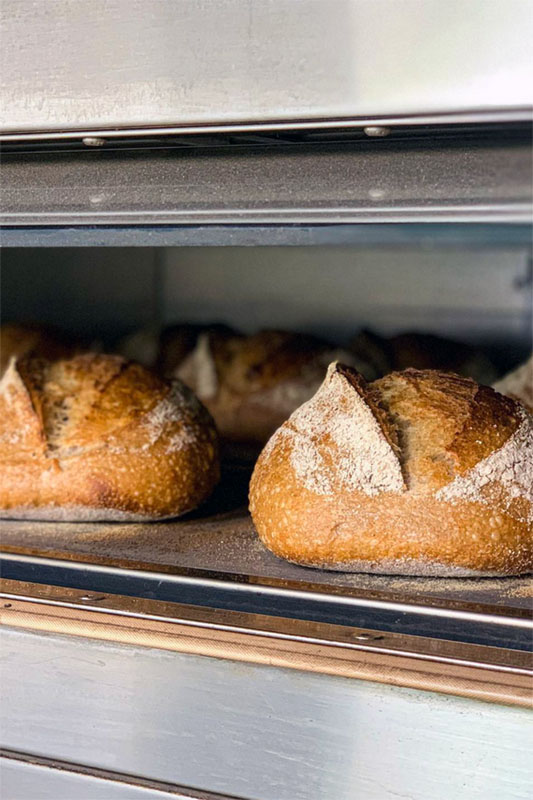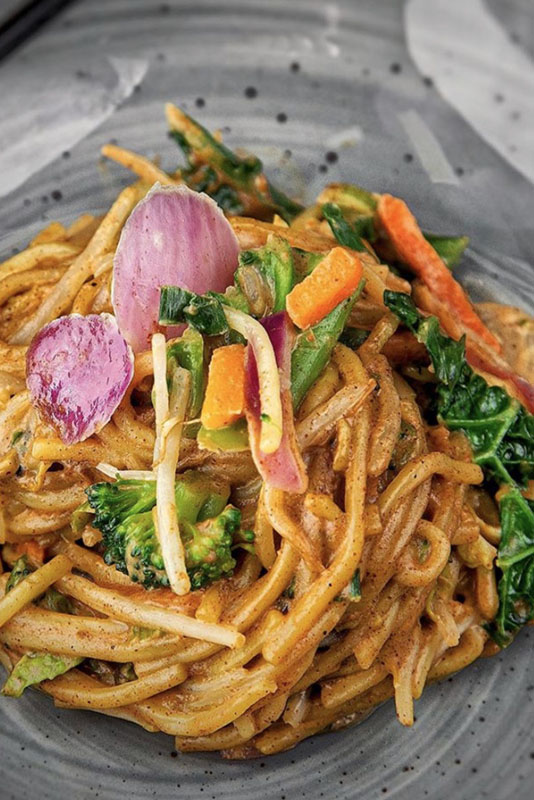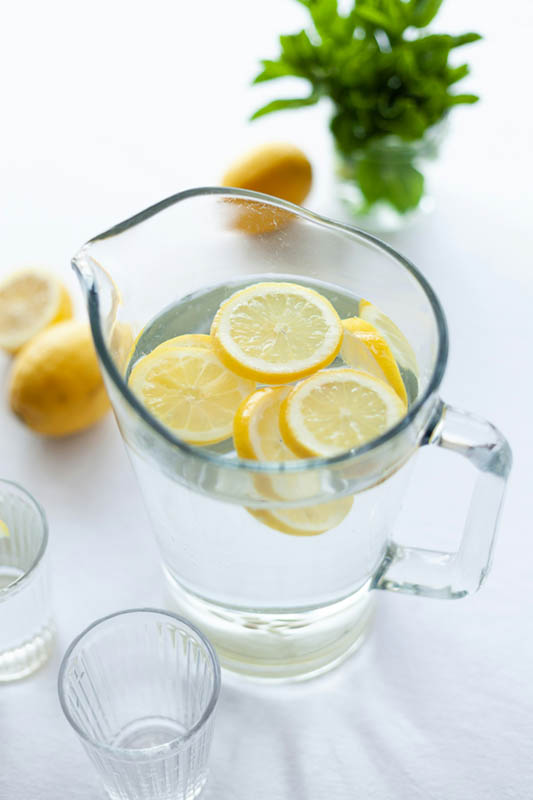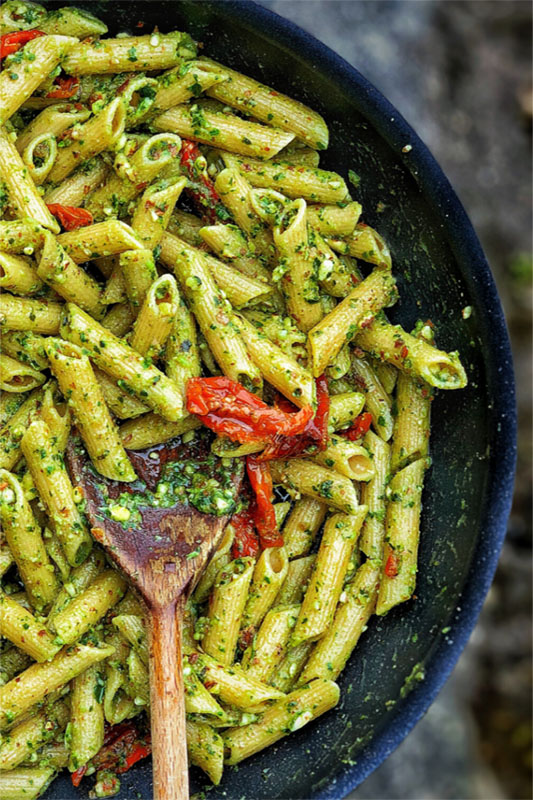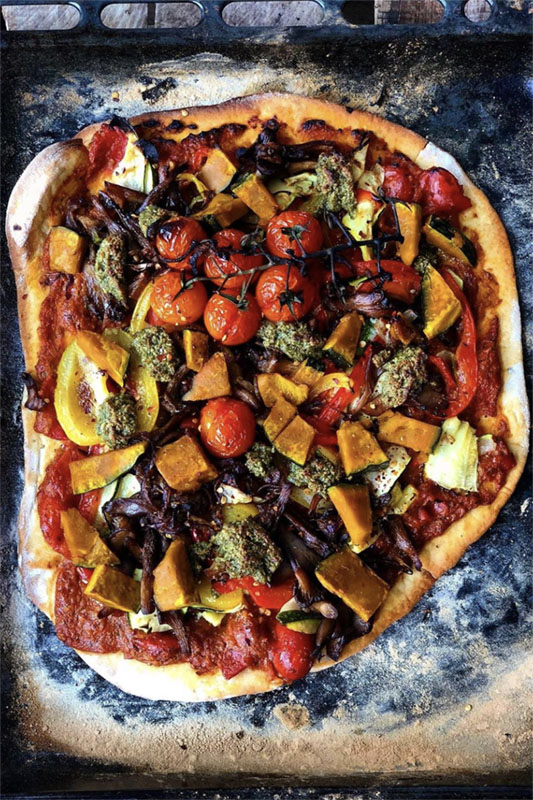Sample Lesson: Fermentation Course – Quick Pickling -VS- Natural Fermentation
Today, we’ll explore two popular methods for preserving and enhancing the flavour of your vegetables: quick pickling and natural fermentation. While both techniques can transform ordinary produce into tangy, acidic, delicious treats; they differ significantly in process, time, and health benefits. This lesson is quite dense so do take your time with it & if you have any queries at all, pop a question up in Tribe and we’ll get back to you ASAP!
Basics of pickling
Pickling & fermentation are a favourite hobby of Steve’s, he always has many different experiments on the go!
Pickling has been done for centuries. It is the process of preserving food by either anaerobic fermentation in a brine solution or immersion in a vinegar solution,
Pickled food via natural fermentation is a super-healthy, cheap and delicious way to enjoy the taste of fresh food throughout the year. Also there is something wonderful about making your own pickled food at home and checking on how it develops to find the perfect recipe and process!
There are 2 main methods of pickling:
– Vinegar brine method (Quick pickling)
– Natural fermentation
Both of these methods work, however, we generally use the natural fermentation process as we want to develop good gut bacteria for a healthier digestion and overall health.
What is the difference between vinegar brine pickling (quick picking) and natural fermentation pickling?
They are kind of opposites, with different advantages and disadvantages.
Vinegar brine picking (quick pickling), such as pickled red onions in vinegar, kill the good bacteria (commonly referred to as probiotic bacteria) that are necessary for fermentation, as well as the bad bacteria.
Natural fermentation pickling is a traditional method that relies on naturally occurring lactic acid bacteria. Lactic acid bacteria are naturally present on everything that grows. By creating the right selective environment for these bacteria, through natural fermentation, you allow them to feast on the sugars that are naturally present in veggies. Through this process, the probiotic bacteria that are so good for everything from digestion to immunity, grow and breed!
Quick Pickling (Vinegar Brine Pickling):
Quick pickling is a fast and easy method of preservation that involves soaking vegetables in a vinegar-based brine. This method is great for those who want immediate results and enjoy a sharp, tangy flavour in their pickles.
- Process: Quick pickling involves a mixture of vinegar, water, salt, and often sugar, then pouring it over the prepared vegetables. The jars are sealed and sometimes refrigerated, where they can be enjoyed after a few minutes, sometimes a few hours or even a few days.
- Time: Because quick pickling uses vinegar, it takes significantly less time—typically just a few minutes to a few hours to a couple of days.
- Flavour: The resulting pickles are tangy and crisp, with the vinegar providing a sharp, distinct taste.
- Shelf Life: Quick pickles need to be stored in the refrigerator and have a shorter shelf life compared to fermented pickles. The vinegar tends to break down the vegetable and when left for a long time (a few weeks) the vegetables typically start to dissolve.
Natural Fermentation:
Natural fermentation is a traditional method that relies on naturally occurring lactic acid bacteria to preserve vegetables. This method requires patience but rewards you with complex flavours and numerous health benefits.
- Process: Natural fermentation involves submerging vegetables in a saltwater brine, creating an anaerobic environment that encourages the growth of beneficial lactic acid bacteria. These bacteria convert sugars in the vegetables into lactic acid, which acts as a natural preservative. We apply a 2% salt solution method whereby you simply weight the weight of what ever fruit or vegetable you are fermenting and multiply that weight by 2% or 0.02 to get the amount of salt to add. Mix the salt with the prepared fruit or veg and add to a fermentation jar and cover with water and allow to ferment.
- Time: Fermentation takes longer than quick pickling, often several days to a few weeks, depending on the temperature and the desired level of tanginess. The longer you ferment for the more acidic your fruit or veg will become and the warmer the temperature the quicker the fermentation process will be. Similarly if it is fermenting in a cold environment fermentation will be much slower than a warm environment.
- Flavour: Fermented vegetables develop a more complex, tangy flavour that deepens over time. The process also results in a probiotic-rich food that supports gut health.
- Shelf Life: Fermented pickles can be stored at room temperature (before opening) or in the refrigerator (after opening) and often last much longer than quick pickles due to the preservation effects of lactic acid.
Comparing the Two Methods:
- Speed: Quick pickling is fast and convenient, while natural fermentation requires more time and patience.
- Health Benefits: Natural fermentation provides probiotics and enzymes that are beneficial for digestion, these natural probiotics are absent in quick pickles.
- Flavour Complexity: Fermented pickles offer a deeper, more complex flavour profile compared to the sharp tang of quick pickles.
- Storage: Quick pickles often require refrigeration, whereas fermented pickles can be stored at room temperature before opening.
Quick pickling troubleshooting
- Surface mould – Oh no! You did not submerge your veggies enough, or maybe some bits of veg floated to the surface. Best to discard and start a new batch ensuring to submerge better or get something to ensure the veg stay under water.
- The brine is cloudy – This is a good thing! Don’t worry, you didn’t use the wrong kind of salt! Fermented brine gets cloudy because it is loaded with good stuff, like lactic acid bacteria. Cloudy means it has worked. When you are done with your pickles, you can drink that stuff or add it to cold soups for probiotic punch or bread dough for flavour and salt.


